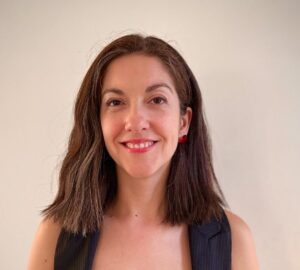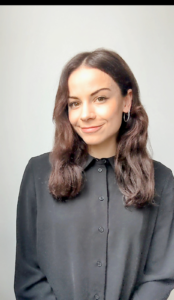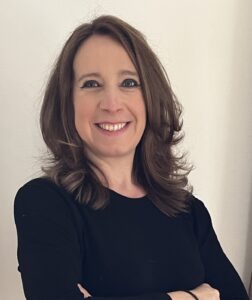Equipping people to solve the urban challenges of the Global South requires innovative approaches and new perspectives. Building on a successful MOOC they created in 2017, a team at TU Delft’s Faculty of Architecture and the Built Environment wanted to make the educational materials even more inclusive and accessible. Using a unique bottom-up approach, they recently published an open access book called Rethink the City: New Approaches to Global and Local Urban Challenges through TU Delft OPEN Publishing.
Making of a MOOC


In 2017 while doing their PhDs, Luz María Vergara and Igor Pessoa were focused on research but wanted to get more involved in education. From Chile and Brazil respectively, the pair particularly wanted to do something connected to the Global South. “We saw the huge potential of many PhD candidates that were like us from the Global South, working at a university in Europe,” says Vergara, who is now an associate professor at Universidad Diego Portales in Chile. “As is already known, many traditional ways to understand and address urban challenges aren´t really appropriate for the Global South because they come from Northern-centric theories and practices. We thought we have so many PhDs here who can speak out using their local knowledge and expertise and we can show the challenges from their perspective.”
So they created a MOOC called Rethink the City: New Approaches to Global and Local Urban Challenges that explores alternative theories and innovative solutions for urban challenges in the Global South. The course was well received and recognised with the Aesop Excellence in Teaching Award during its first year.
Two-way learning process

Building on that success, they were inspired to share some of the interesting work that came out of the MOOC and set out to create a book. “We wanted to reflect on the process we went through creating the MOOC and thought that this could help other researchers or teachers in their own process of trying to connect to the Global South, trying to invert this logic of North – South teaching to learn a bit more from the South,” says Pessoa, now an assistant professor at the University of Twente. The diverse group of course participants contributed valuable content through their assignments and it was important to showcase that work. “The work of the students was a starting point so the topic of each chapter was born from that,” says Vergara. “This bottom-up approach is quite a valuable aspect of this project.”
According to Anja van der Watt, who is currently the course moderator, the team went through the student submissions from six completed course sessions. “We wanted the book to be quite inclusive of the participants of the course,” says van der Watt, now a freelance consultant in urban development. “So we looked at the topics that students expressed as important and the authors then based their chapters on those themes.” The recently published open-access book entitled Rethink the City: New Approaches to Global and Local Urban Challenges, covers topics including spatial justice, urban resilience, housing provision & management, as well as geographic topics on challenges in Africa and the Middle East & North Africa (MENA).
New perspectives

A collective effort that grew from a MOOC created by PhD students, the book makes the content accessible to an even broader audience. And it opens the door for a new perspective on the topic of the Global North and South. Although they use the terms themselves, Vergara and Pessoa adopt a critical stance towards them, a critique that is examined within the pages of the book. The authors conscientiously integrate perspectives from underrepresented geographies, thereby enriching the dialogue and acknowledging the complexity and diversity inherent within global spatial dynamics. The first chapter highlights that the issues faced by urban areas have overlapping themes and characteristics, regardless of economic status or geographic location. Therefore, they hope to demonstrate that there are some global issues in common, but there are also very local issues that depend on context. “It is very common in education, even here in Chile, that we use a lot of northern or European cases,” says Vergara. “But we can also teach using cases that might not be the typical ones. We ended up with a rich database of cases and information and we have a lot to learn from that as well.”
Open for impact
From the beginning, everything the team did was meant to be open access, so working with TU Delft OPEN Publishing on the book was a logical choice. “It wouldn’t make any sense to release this book if it’s wouldn’t be open because we just wanted to make it as accessible as possible,” says Pessoa. Vergara agrees, adding: “I think that science and knowledge should be open if we really want to build on it. When research stays inside the research group it doesn’t make an impact. It has to do with the scientific impact but also the social impact of the research that we do because we can then connect with governments, municipalities, the private sector, and the community.”
Editors: Anja van der Watt, Luz María Vergara, Igor Pessoa, Caroline Newton
Contributing authors: Aya El-Wageeh, Bea de los Arcos, Donya Ahmadi, Rachel Keeton, Roberto Rocco, Rosa E. Donoso, Yuting Tai
